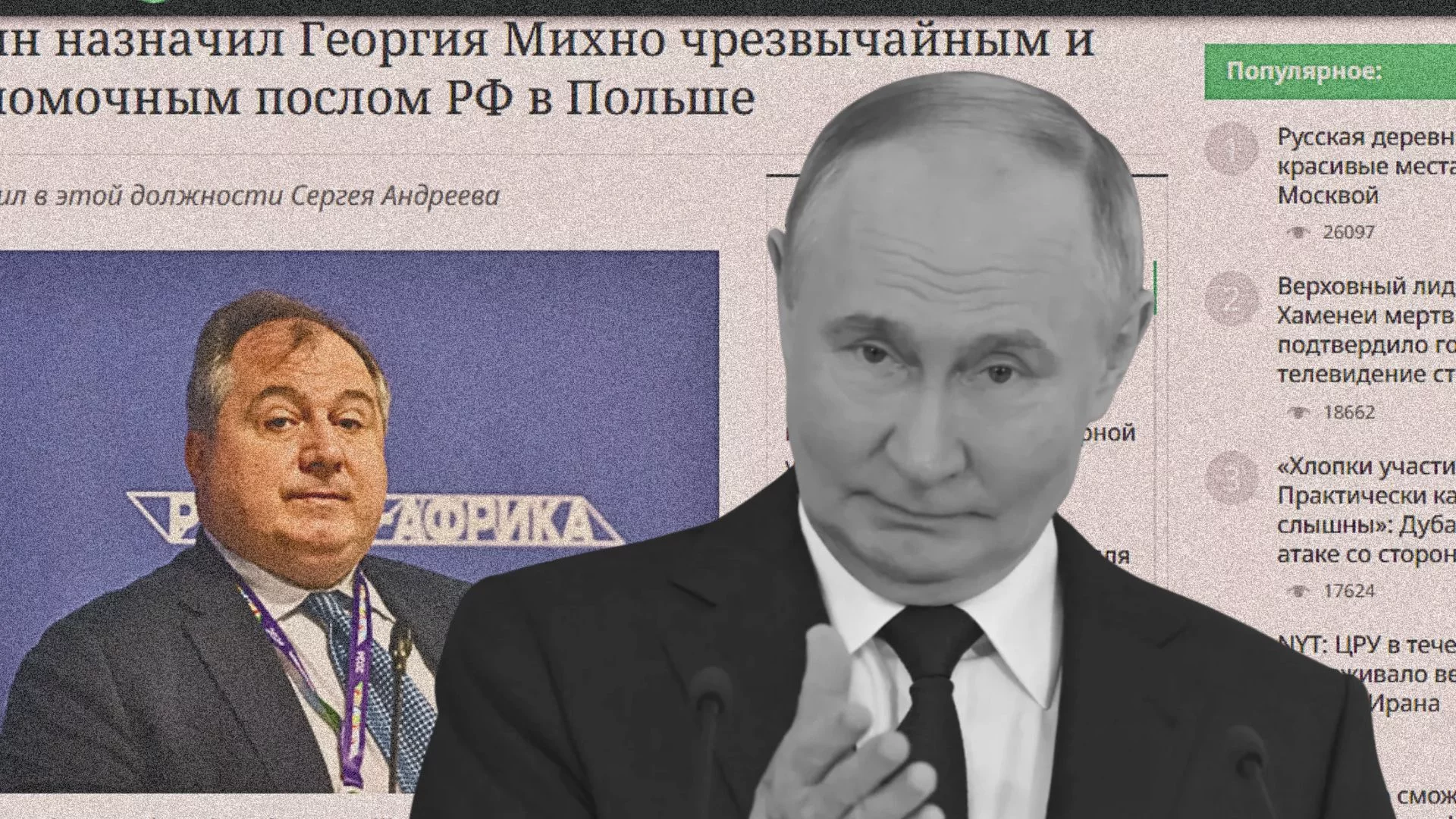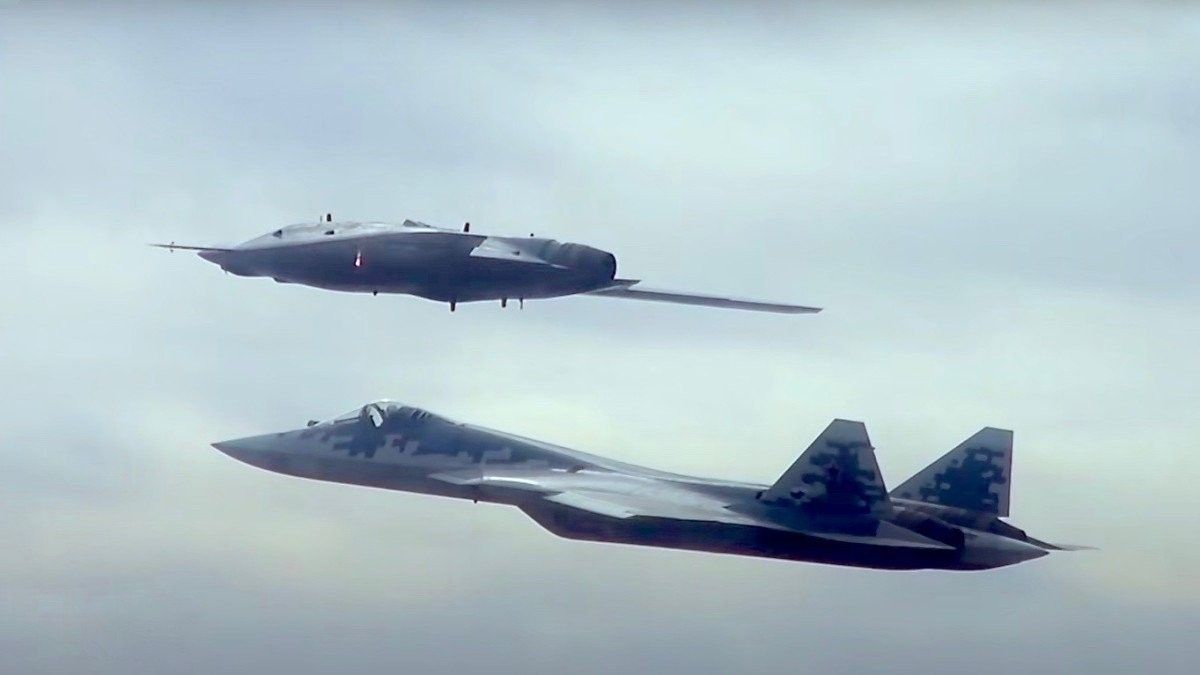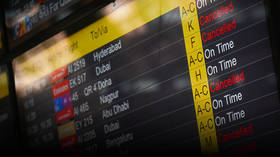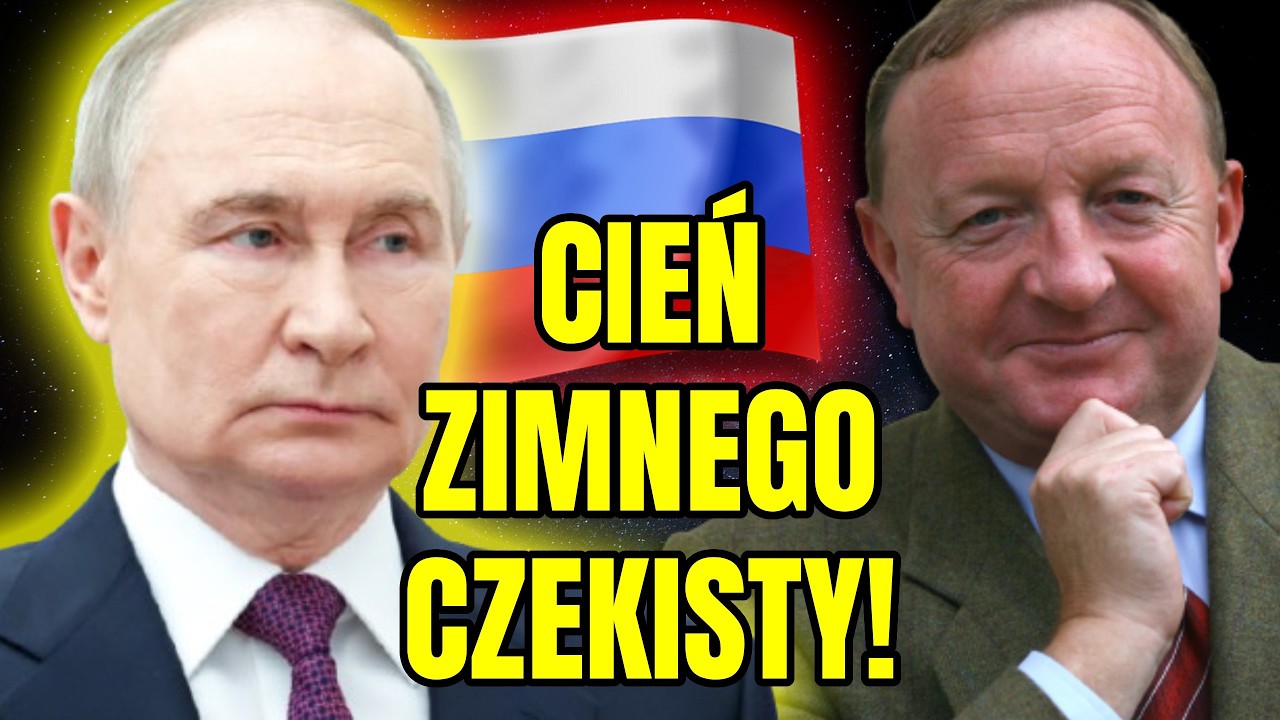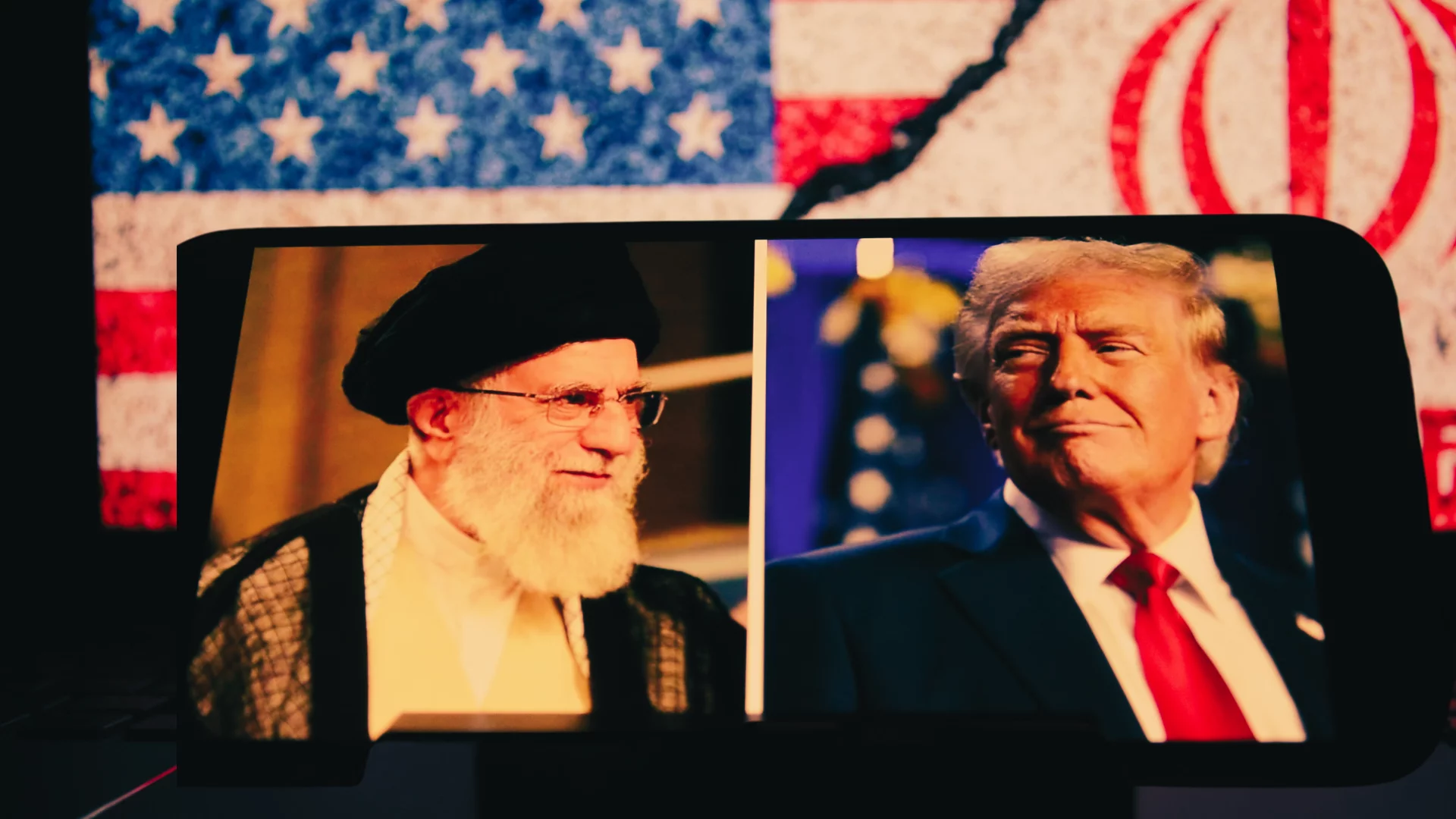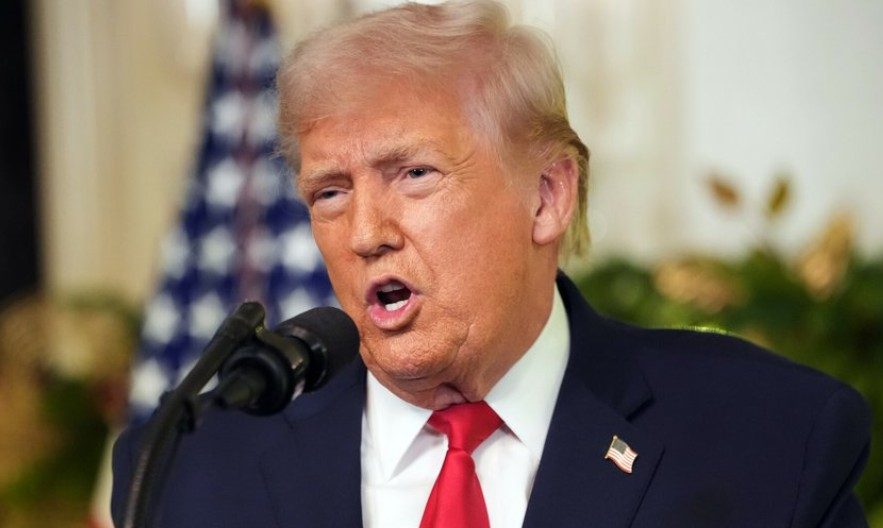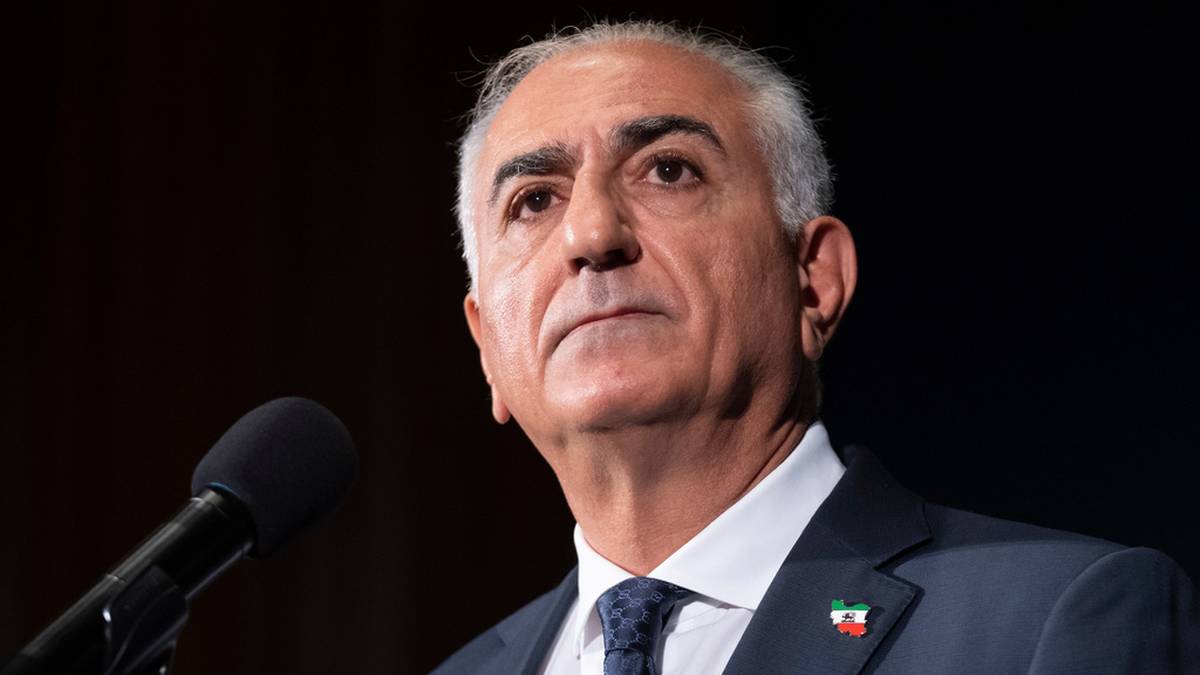Weak, divide and deter: targets of Russian provocation towards Poland

On the night from 9 to 10 September, respective Russian drones arriving from Ukraine and Belarus invaded Poland's airspace.
Vladimir Putin Dmitri Pieskov's spokesperson refused to comment, stating that the Polish authorities had not contacted Moscow in this case, and that the EU and NATO traditionally accuse Russia without arguing. In a message issued this afternoon, the Ministry of Defence stressed that no targets were planned for demolition in the territory of Poland. It was indicated that the maximum scope of flights utilized in the attacks of Russian unmanned aircraft which allegedly violated the border with Poland does not exceed 700 km. The readiness to consult with the Ministry of National Defence of the Republic of Poland was declared.
The Russian agencies thoroughly reported the consequences of the event and the reactions to it in Poland and another Western countries, not to mention the origin of the unmanned workers. It was stated that Poland had to temporarily close any airports and that an extraordinary gathering of the Council of Ministers was held. The media besides reproduced Belarusian communications, as quoted by the Chief of the General Staff of Belarus Paweł Murawejka, who announced that her anti-aircraft defence was following drones that flew into her airspace at night as a consequence of the [Ukrainian] measures of radio-electronic combat (WRE) and informed Poland of the threat, allowing her air defence to operate effectively.
In conversation with Russian state agency RIA Nowosti chargé d’affaires FR embassies in Poland Andrei Ordas, called to the Polish Ministry of abroad Affairs, called the statements of the authorities in Warsaw about the Russian origin of drones shot down over the territory of the Polish unwarranted. No evidence was presented to him. He besides recalled that the only case that confirmed the origin of an air object that violated Polish airspace was the Ukrainian rocket of November 2022, which "killed 2 Poles". specified a communicative line became rapidly dominant in Russian media and social networks. The version that the drones were deliberately released by Ukraine to provoke Poland to join the war against Russia was being lashed. State tv has besides shown that the incidental is simply a work of "European war instigators", seeking to torpedo the "peace process" against the wishes of the president of the United States. It was stressed that the consequence to Donald Trump's administration would be crucial.
The nonsubjective of Russia's aggressive actions is to destabilise the interior situation in Poland and another Western countries supporting Kiev. Moscow is especially about fueling anti-Ukrainian sentiments, undermining assurance in civilian and military leadership and believing in solidarity among allies. The Kremlin hopes for interior political divisions at intra-state level, between European countries and in transatlantic relations. This is intended to limit the Western support to Ukraine, leading to its actual surrender, and to revise the policies of Western states towards the FR by giving up sanctions and returning to "pragmatic" relations.
Comment
- In the past, Russia has already tested the airspace of Poland and another Ukrainian neighbours respective times. Apparently, she felt that their backlash and NATO's reaction showed fear of escalation, while at the same time constituting a good fuel to deepen political polarization and interior disputes. The Kremlin wants to rise concern about Polish society, to strike assurance in the government, troops and allies, to present them as unfit to guarantee the safety of citizens and to fuel intrapolitical disputes in Poland against this background and on the issue of attitudes towards conflict.
- Moscow believes that in Western countries there is increasing fatigue of war and its negative consequences, discouragement to support Kiev and expanding fears of direct confrontation with Russia. The Kremlin recognises that political crises are intensifying in the West, and power is coming to power with a willingness to adopt a “pragmatic” policy conducive to the accomplishment of the interests of the FR. The second include, above all, the actual surrender of Ukraine, the demolition of the current European safety architecture (including NATO) and the openness to Russian economical and political penetration. At the same time, Moscow is the main problem which it considers to be the determination of the governments of the major European countries to strengthen their defence, increase force on Russia and proceed to support Kiev. At the same time, he believes that the American president has a different perception, seeks to rapidly end the conflict in Ukraine and is not ready for a political-economic confrontation with Moscow. The consequence of specified perception is simply a clear escalation of provocative actions by the Kremlin.
- Also this time, the Russian side rejects its actions of incidents and tries to delegate them to Ukraine. Lansing the thesis that she wants to drag NATO neighbours into the war with the FR, Moscow tries to discredit the Kiev authorities and fuel anti-Ukrainian sentiments in European countries. This is aimed at destabilising their interior situation and generating social force on governments in order to halt political, economical and, in particular, military support for Ukraine's conflict against Russian aggression.
- Moscow besides wants to show the West, NATO and Trump administration the expanding costs of supporting Kiev and continuing the war. The Kremlin sends a informing signal that further assistance, especially military, Ukraine will increase safety risks and the political costs of this approach, and may lead, inter alia, to a geographical expansion of the conflict area, covering the territories of the east NATO flank states. He besides wants to show that the Alliance is incapable to effectively defend its members, as well as to make disagreements between them as to the correct consequence to FR activities. In Moscow's perception, this is besides intended to strengthen the "peace camp" in Western countries and to put force on Trump to hurry to force peace in Ukraine under Russian conditions.
- It is expected to further escalate akin provocative actions if Russia considers that its increasingly aggressive moves do not bring a decisive and solidarity-based consequence from the West., but according to its intention, they deepen intra- and inter-state divisions.


